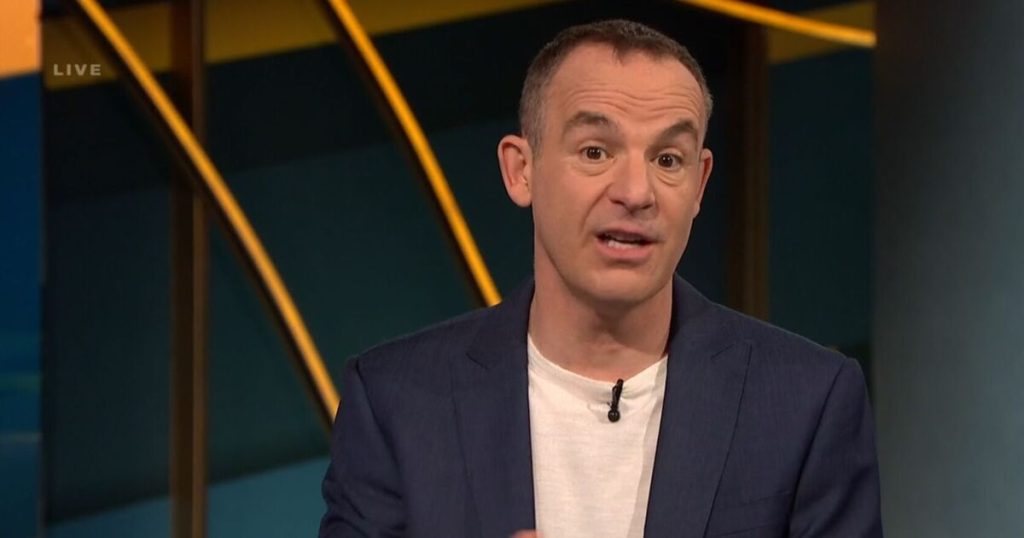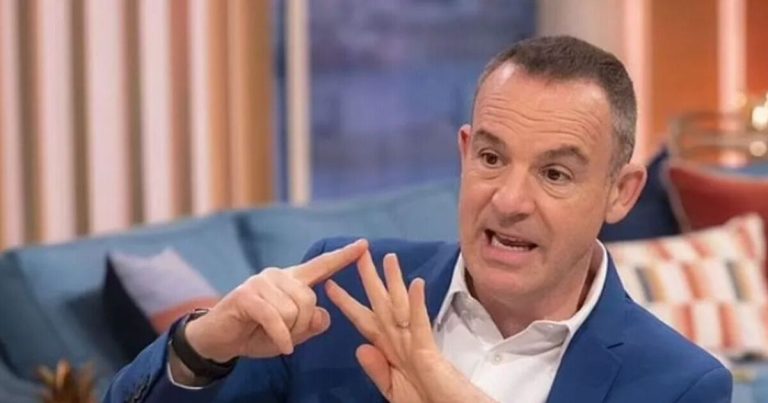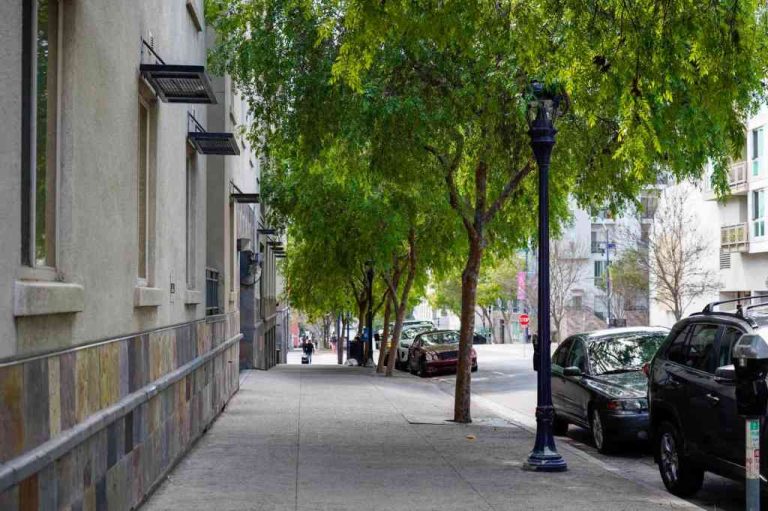
Money saving expert Martin Lewis has issued a warning to people who have £10,000 in savings – because you could end up losing money to tax.
The financial guru took to his X account to tell his legion of fiscal followers about a rule which means you could owe money in tax if you earn certain amounts of money and have either £20,000 or just £10,000 stored in a savings account.
And with the self-assessment deadline for tax with HMRC just days away, it’s a good time to check if you owe tax and think about how to avoid it in future.
Martin Lewis outlined how everyone who works and is a basic rate taxpayer will get a £1,000 Personal Savings Allowance. This is the amount of interest you can be paid by your bank before you owe tax on it.
But for those who earn over £50,270, the allowance is halved to just £500, and for those earning £125,000, you get no allowance at all.
Martin explained: “The important thing to understand is that you will probably have a Personal Savings Allowance.
“This is a special amount of savings interest that you can earn each year which isn’t taxed.
“Now, if you’re a basic rate taxpayer, which is generally someone earning between about £12,500 and £50,000 a year, then your Personal Savings Allowance is £1,000.
“That means you can earn £1,000 of interest from any legitimate UK sources and you do not have to pay tax on it. So your savings interest is untaxed.”
But because many of the best savings accounts right now will pay about 5% interest per year, you could find yourself going over your allowance and being made to pay tax.
Martin said: “At the time of doing this, the top paying easy-access account is around 5% interest.
“So how much would you have to have in there to earn a grand’s worth of interest? About £20,000.
“So if you’ve got £20,000 or less in savings and you’re a basic rate taxpayer, it is very unlikely that your savings interest would be taxed. So you don’t have to pay anything so you can get on with it.
“If you’re a higher 40% rate taxpayer which is someone earning over £50,000 up to about £125,000, then your Personal Savings Allowance is £500 a year.
“So to earn that in that top easy access account, you would probably need to have more than £10,000 in savings.
“If you’ve got less, you’re probably not going to pay tax.”
Martin added that if you file a tax return through the HMRC self assessment tax return system, which you have to do if HMRC asks you to, then you simply put the total amount of interest you earned in your tax return.
But those who don’t normally need to submit tax returns, ie those with normal PAYE jobs, then as long as you’re earning less than £10,000 of savings interest a year, you don’t have to do anything because the banks automatically send the information to HMRC so it can alter your tax code to change what you pay.
Martin then added that you can use a cash ISA to legally protect yourself from paying tax on savings: “A cash ISA is simply a savings account you don’t pay tax on.
“You can put £20,000 in per tax year. Once you put the money inside a cash ISA, it is protected from tax.”






